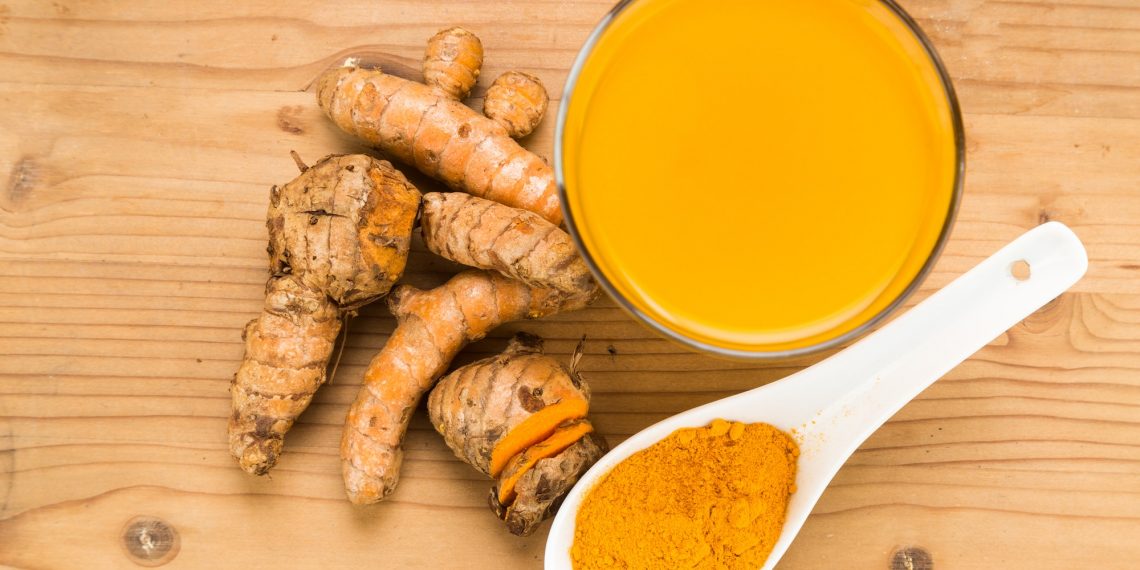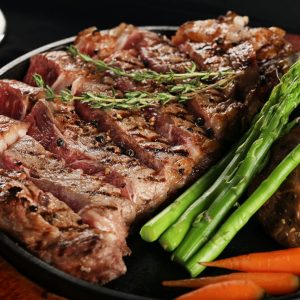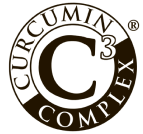Curcumin extract is a powerful antioxidant, meaning it helps protect the body from damage caused by free radicals. Free radicals can cause inflammation and damage to cells, leading to a variety of health conditions. By neutralizing these free radicals, curcumin extract can help reduce inflammation and protect the body from disease.
Curcumin extract is an extract derived from turmeric, a spice commonly used in Indian cuisine. Curcumin has been used in traditional Indian medicine for centuries and is now gaining popularity in the Western world due to its numerous health benefits.
Curcumin extract has also been shown to have anti-cancer properties. It has been found to inhibit the growth of certain cancer cells and reduce the spread of cancerous cells. Additionally, curcumin extract has been found to reduce the risk of certain types of cancer, such as colorectal and breast cancer.
Curcumin extract has also been found to have anti-inflammatory and pain-relieving effects. It can help reduce joint pain and swelling associated with arthritis, as well as muscle soreness and pain. Curcumin extract can also help reduce inflammation in the digestive system, helping to treat conditions such as irritable bowel syndrome and Crohn’s disease.
Finally, curcumin extract can help improve heart health. It has been found to reduce cholesterol levels, lower blood pressure, and reduce the risk of heart attack and stroke.
Overall, curcumin extract is a powerful natural supplement with numerous health benefits. It can help reduce inflammation, protect against cancer, relieve pain, and improve heart health.
References:
1. Aggarwal, B. B., & Shishodia, S. (2006). Molecular targets of dietary agents for prevention and therapy of cancer. Biochimica et Biophysica Acta, 1766(2), 293-312.
2. Aggarwal, B. B., & Harikumar, K. B. (2009). Potential therapeutic effects of curcumin, the anti-inflammatory agent, against neurodegenerative, cardiovascular, pulmonary, metabolic, autoimmune and neoplastic diseases. The International Journal of Biochemistry & Cell Biology, 41(1), 40-59.
3. Bhandari, U., & Sharma, V. (2014). Curcumin: A Natural Herb with Multiple Health Benefits. International Journal of Pharmaceutical Sciences and Research, 5(2), 466-471.
4. Kunnumakkara, A. B., Anand, P., Aggarwal, B. B., & Diagaradjane, P. (2008). Curcumin and cancer: An “old-age” disease with an “age-old” solution. Cancer Letters, 267(1), 133-164.
5. Mehrpour, O., & Rahimian, R. (2013). The protective effects of curcumin on cardiovascular diseases. Current Pharmaceutical Design, 19(8), 1450-1460.















